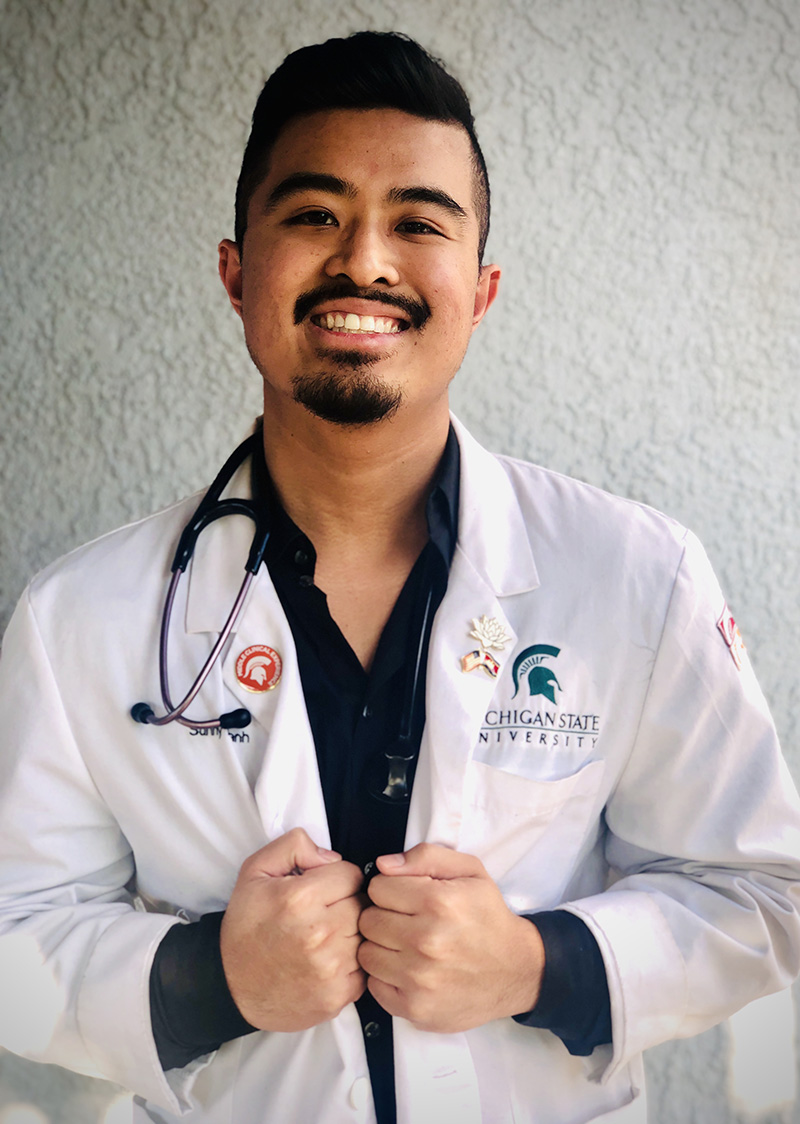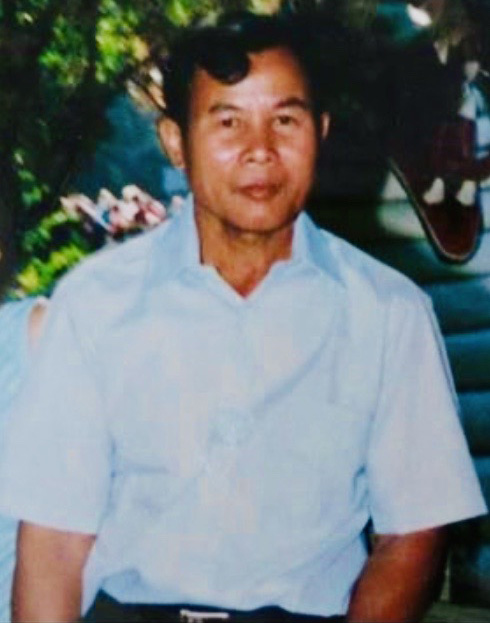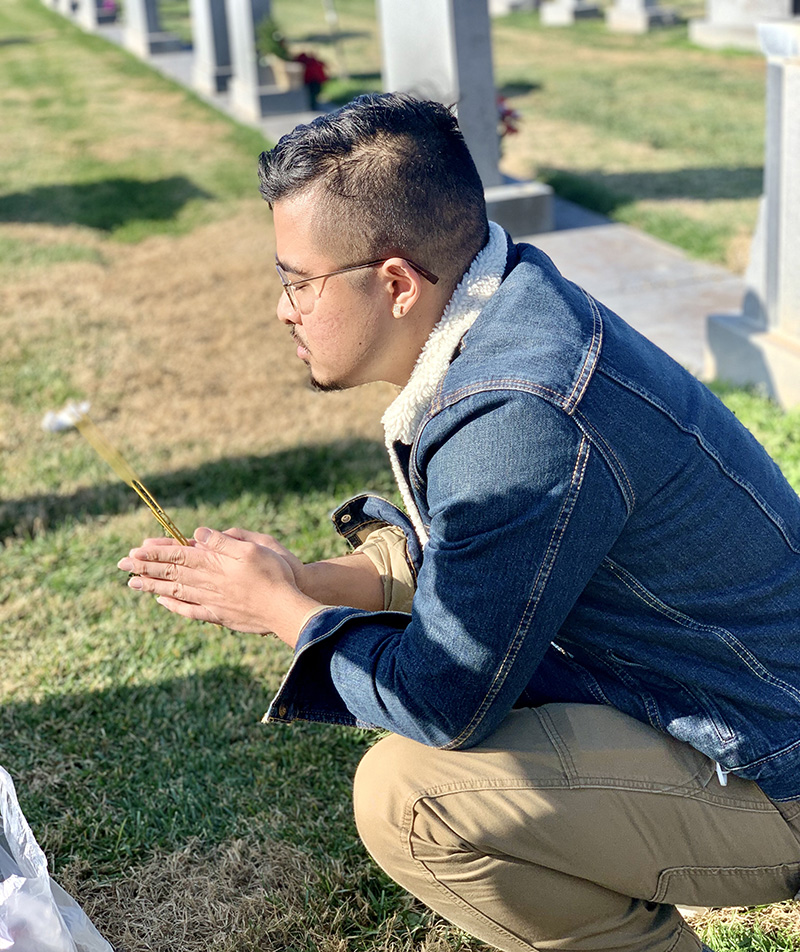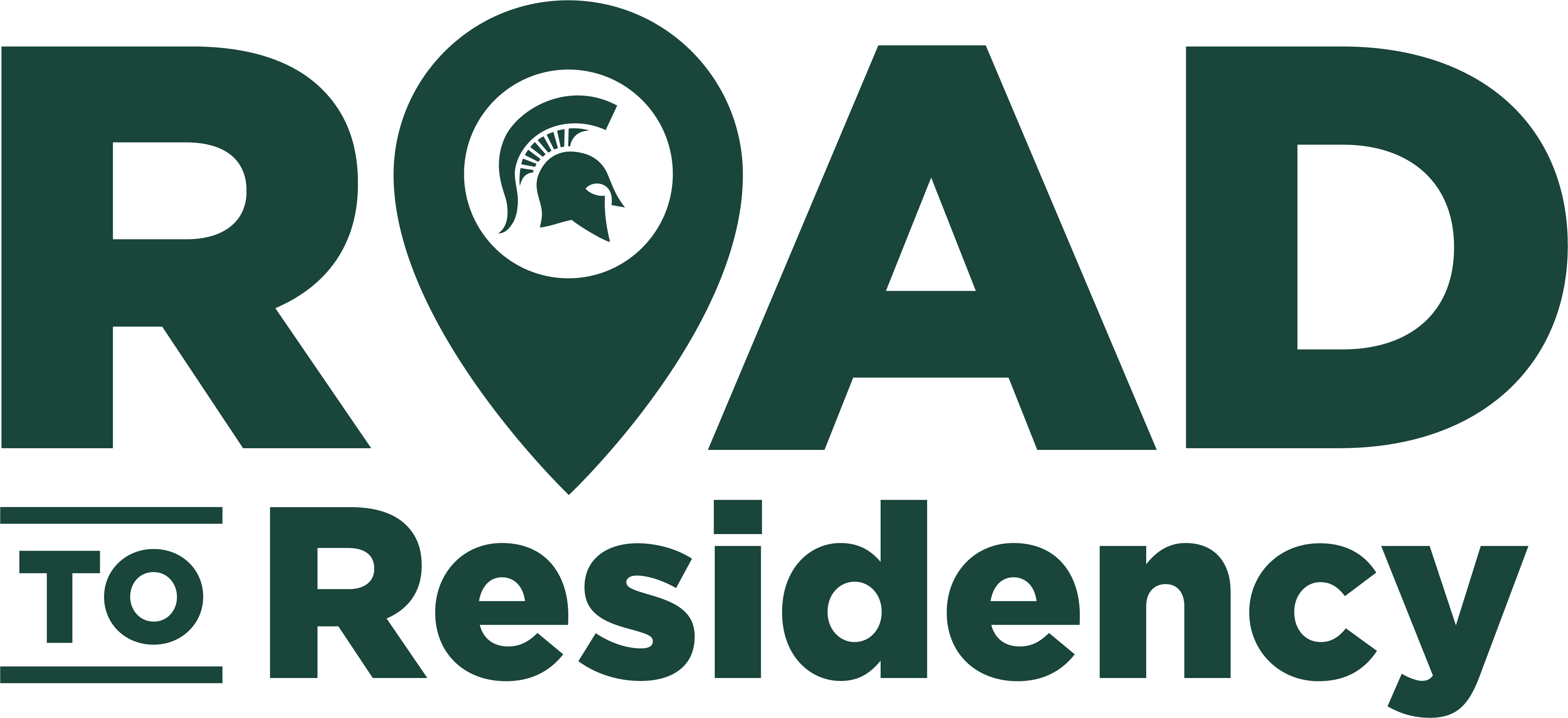Sunny Panh: An Advocate for the Community
April 27, 2022
 Although only seven at the time, Sunny Panh vividly recalls the screams he heard coming from the next room. He rushed in and saw his grandfather on the bed in the throes of a flashback. His grandmother hurried to comfort to her husband, assuring him, “We’re no longer there. We’re no longer there.”
Although only seven at the time, Sunny Panh vividly recalls the screams he heard coming from the next room. He rushed in and saw his grandfather on the bed in the throes of a flashback. His grandmother hurried to comfort to her husband, assuring him, “We’re no longer there. We’re no longer there.”
“There” was the killing fields of Cambodia, where as many as two-and-a half million people were murdered by the Khmer Rouge during its reign in the late 1970s.
Panh, now 30, was born in Stockton, Calif., where his parents and grandparents settled in 1981, but the trauma his people suffered is embedded in his soul. He wants to help with the healing, not only his own and his family’s, but the community’s.
That is why, following his graduation from the College of Human Medicine in May, he will begin a residency in psychiatry at UCLA.
“My grandpa always told me, ‘We have to pursue education. We have to heal our community,” Panh said. “I want to be part of the healing.”
 His grandfather, Phon Ngim, taught English and French in Cambodia, which made him a target of the Khmer Rouge. The Khmer Rouge murdered seven of his grandfather’s nine siblings. They killed Panh’s paternal grandfather, a Cambodian general. They tied his aunt to a tree and murdered her.
His grandfather, Phon Ngim, taught English and French in Cambodia, which made him a target of the Khmer Rouge. The Khmer Rouge murdered seven of his grandfather’s nine siblings. They killed Panh’s paternal grandfather, a Cambodian general. They tied his aunt to a tree and murdered her.
In Stockton, Panh was threatened by gangs, and he resisted pressure to join. “There were times my grandpa told me, ‘We left the killing fields in Cambodia, and now they’re killing each other on the streets of California.’”
Against the odds, Panh graduated from California State, Stanislaus, did post-baccalaureate studies at the University of California, Davis, and volunteered through AmeriCorps in Oakland.
 As he finishes medical school and prepares to move back to California for his psychiatry residency, “it feels unreal,” Panh said. “I’m motivated to do even more work. I don’t want to just be a doctor. I want to be a community organizer and a social justice advocate. When I finally get back to my community, I want to say, ‘Hey, I’m ready. Let’s get to work.’”
As he finishes medical school and prepares to move back to California for his psychiatry residency, “it feels unreal,” Panh said. “I’m motivated to do even more work. I don’t want to just be a doctor. I want to be a community organizer and a social justice advocate. When I finally get back to my community, I want to say, ‘Hey, I’m ready. Let’s get to work.’”
Soon after he arrives, he plans to don his white coat and visit the Stockton cemetery where his grandfather, who died in 2014, is buried.
“My grandpa’s strength, I think, still follows me,” he said. “It’s like his spirit and his will still follow me. I’m going to hug that tombstone and say, ‘We did it. We did it.’”


